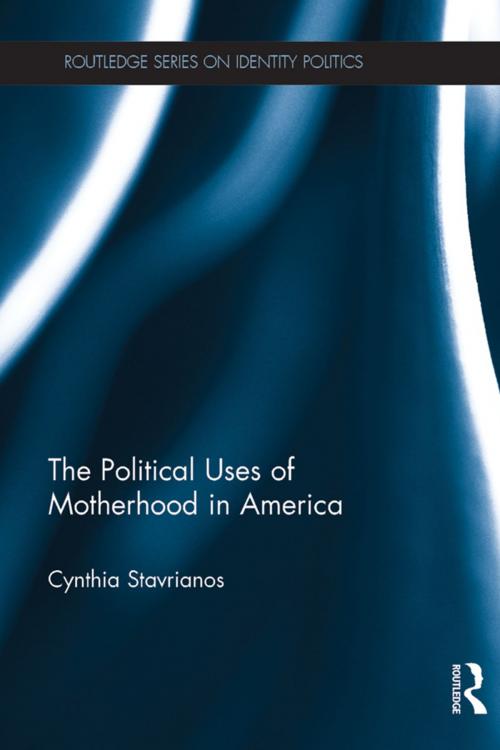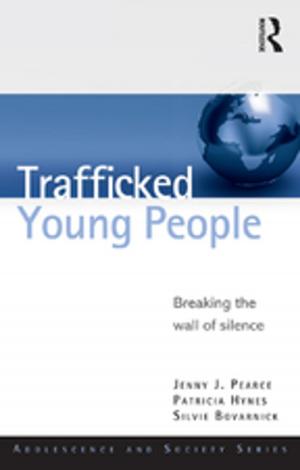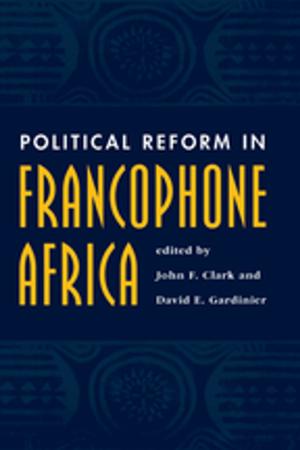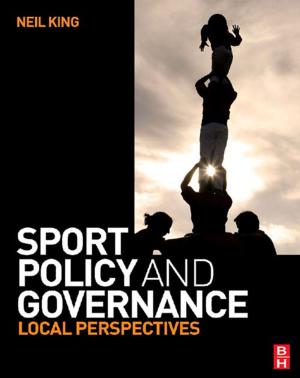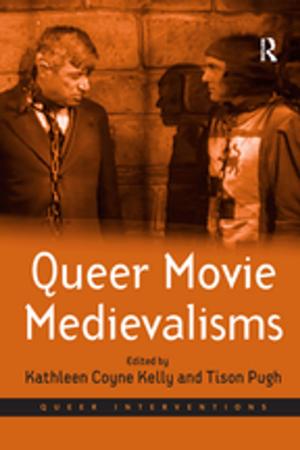The Political Uses of Motherhood in America
Nonfiction, Social & Cultural Studies, Political Science| Author: | Cynthia Stavrianos | ISBN: | 9781317679189 |
| Publisher: | Taylor and Francis | Publication: | November 13, 2014 |
| Imprint: | Routledge | Language: | English |
| Author: | Cynthia Stavrianos |
| ISBN: | 9781317679189 |
| Publisher: | Taylor and Francis |
| Publication: | November 13, 2014 |
| Imprint: | Routledge |
| Language: | English |
As various contemporary groups use the language of motherhood to advance their political causes, maternal rhetoric has become very visible in the American political discourse of late. Yet while it has long been recognized that women have invoked their political status as mothers to organize and authorize their political action in the past, scholars have only just begun to examine the recent reemergence of this frame. This book describes the wide variety of political causes that mothers are organizing to address, and analyses whether ideologically conservative organizations are disproportionately represented among groups using motherhood to mobilize women. Stavrianos examines the use of maternal discourses in closer detail through a comparative case study of five groups using motherhood as their primary frame for collective political action: Mothers Against Drunk Driving, Million Mom March, Mothers Against Illegal Aliens, Mainstreet Moms Organize or Bust, and Mothers in Charge.
Scholars interested in women and politics, interest group politics, social movements, political behavior, women’s studies, motherhood studies, and framing strategies will find this book noteworthy, as it adds to a growing body of literature exploring the use of motherhood as an emerging political frame, and to the interdisciplinary discussion of contemporary discourses of motherhood.
As various contemporary groups use the language of motherhood to advance their political causes, maternal rhetoric has become very visible in the American political discourse of late. Yet while it has long been recognized that women have invoked their political status as mothers to organize and authorize their political action in the past, scholars have only just begun to examine the recent reemergence of this frame. This book describes the wide variety of political causes that mothers are organizing to address, and analyses whether ideologically conservative organizations are disproportionately represented among groups using motherhood to mobilize women. Stavrianos examines the use of maternal discourses in closer detail through a comparative case study of five groups using motherhood as their primary frame for collective political action: Mothers Against Drunk Driving, Million Mom March, Mothers Against Illegal Aliens, Mainstreet Moms Organize or Bust, and Mothers in Charge.
Scholars interested in women and politics, interest group politics, social movements, political behavior, women’s studies, motherhood studies, and framing strategies will find this book noteworthy, as it adds to a growing body of literature exploring the use of motherhood as an emerging political frame, and to the interdisciplinary discussion of contemporary discourses of motherhood.
